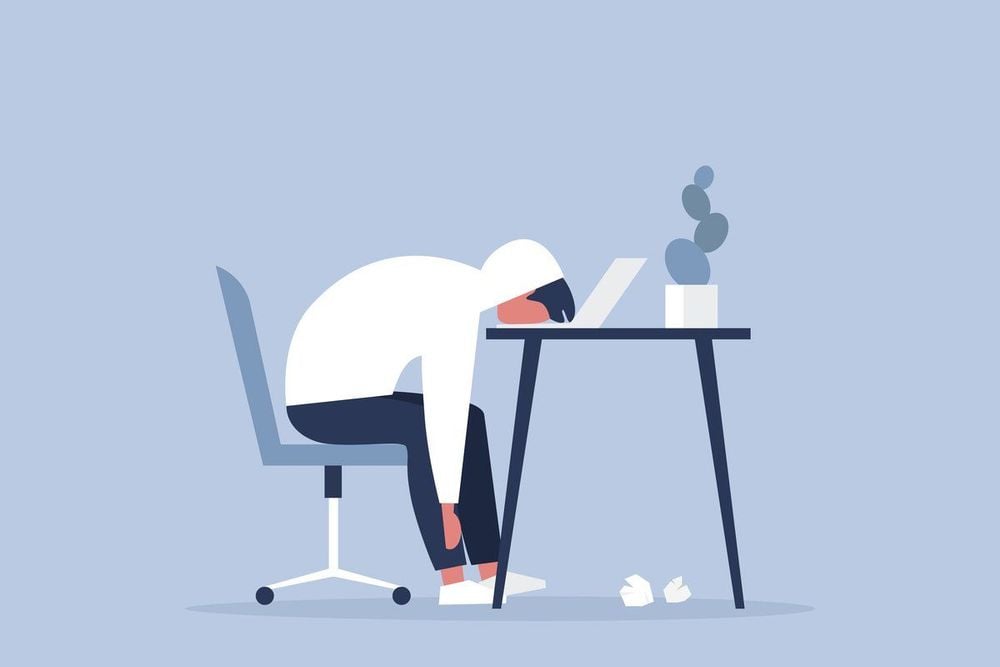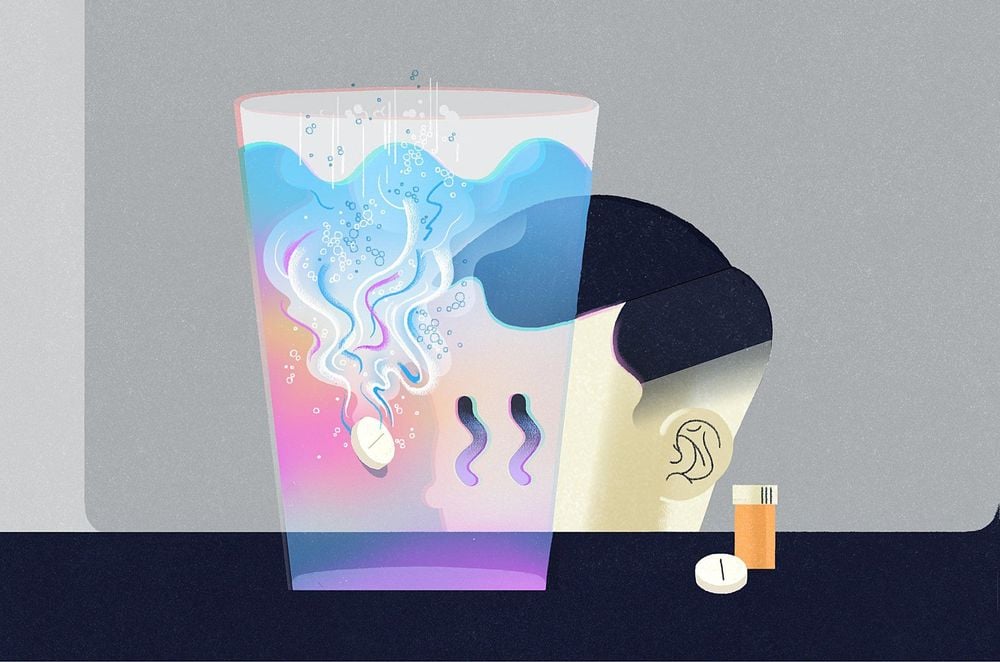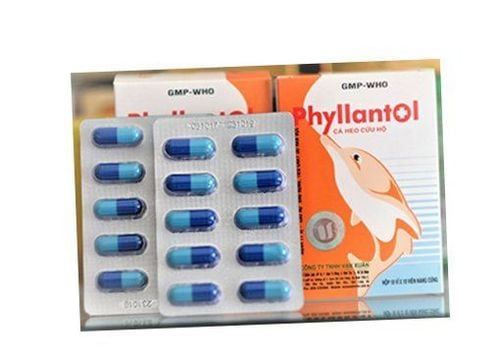This is an automatically translated article.
Multi-tasking at the same time in a certain amount of time, researchers call this ability under another name: chronic multitasking. People who often work like this "multi-tasking" can reduce work productivity. Because the brain will be overloaded.
To help focus, experts say it's important to first identify what's keeping you off the rails. Here are the top common “killers”:
1. Learn about multitasking
Multitasking can have long-term consequences affecting brain function, reducing concentration, memory and reducing the ability to switch between different tasks. Two tasks at the same time is the limit that humans can bear.
"Those who multitask seem to think they're getting a lot done, but they're actually taking up more tasks than devoting their full attention to one thing at a time." According to psychologist Lucy Jo Palladino, PhD, author of "Attention Gap Search: Effective New Planners to Beat Distractions and Overwhelms".
Many studies show that it takes time to shift focus from one task to another. The end result is that doing three jobs concurrently often takes longer than doing them one after the other.
Solution, whenever possible, focus on each task, especially if you are working on an important or high priority task. Save your multitasking skills for unimportant or demanding tasks – It probably won't hurt to tidy up your desk while you're on the phone.
2. Learn about boredom (Boredom)
Boring tasks can lead to loss of concentration and easy distractions. Boring things can burn your concentration time in minutes. Phones, Internet, even dusting the workspace can all seem tempting if you're feeling bored.
Make a deal with yourself: If you continue to work for a certain period of time, there will be a 10-minute break. Treat yourself to a coffee, a favorite snack, or go for a walk outside. Boring tasks are easier to complete when there is something to look forward to. As such, boredom is the case where multitasking can be beneficial for work.

Mọi việc đều không hiệu quả khi bản thân bạn cảm thấy chán nản
3. Mental Distractions
It's hard to focus on the task at hand if you're worried about errands or chores to get done. Or get caught up in a conversation yesterday in mind. Persistent thinking of any kind is a powerful distraction.
Research suggests: Types of distractions – thoughts in the head – “they have more power than we do”
The way to stop nagging thoughts is to quickly write them down, make a list errands, chores or chores to do or vent frustrations in a journal.
4. Electronic Interruptions
It's easy to connect with friends and disconnect from work multiple times in an hour. Every status update on a social media app creates a new stream of thoughts that interrupts work. Email overload, although many emails are work-related, they are still considered distractions from the work in progress. You won't make much progress if you constantly stop what you're doing to reply to every email message.
Experts say: “It's easy to fall victim to help and distraction by checking email all the time.” "If you're trying to concentrate, you can lose your train of thought every time you hear a text message with an incoming message."
Save time by focusing on work without electronic interruptions by taking the time to check your mailbox at a set time each day, and turn it off when you take a break.
Changing the location can also be helpful. Take the laptop to an offline location to browse the web for a few hours.
Phone ringtones are probably more disruptive than the “ting” of an email. Is a sound that few of us can ignore. Receiving calls is not only a waste of time, but can also cut motivation in the work you are doing. Set your caller ID or move it to voicemail if you suspect a non-urgent call, or mute your phone if you're on special work, choosing a specific time to check your voicemail.
5. Fatigue (fatigue)
Fatigue can make it difficult to concentrate, even with little distraction. Many studies show that sleep loss impairs concentration, short-term memory, and other mental functions. Sleep needs vary, but most adults are best suited for 7 to 9 hours of sleep per night. Sleeping for at least 7 hours improves concentration during the day.
Also, schedule tasks that require more focus at times of the day when you feel most alert. Pay attention to your own circadian rhythm and find out what time of day you are most productive.
6. Drug Side Effects (Drug Side Effects)
Concentration interferes with work at work or at home or the body has symptoms: weight gain, insomnia. Poor concentration can stem from the following diseases: Attention Deficit Hyperactivity Disorder (ADHD), Sleep Apnea, Depression, Anemia, Thyroid Disease. Some medications for depression, epilepsy, and infections also have the side effect of making you lose focus. See your doctor to adjust your dose or switch to a different medication, do not stop taking it unless your doctor tells you to.

Tác dụng phụ của thuốc cũng có thể khiến bạn thấy chán nản mệt mỏi
7. Stress
Stress causes significant harm to the body: shoulder fatigue can result, headaches, heart palpitations, all of which can impair the ability to concentrate. If you're stressed about something, take the time to talk about it with someone you trust.
Experts say: “Having an active and supportive listener can help ease the tension that is building up in your head.” Meditation can also be helpful. “When you meditate, you learn to manage distracting thoughts so they don't attract too much attention. Discover how to refocus attention and bring it back to the focus you want.”
In one study, researchers found that people who participated in an 8-week meditation course improved their ability to focus attention.
8. Hunger (Hunger)
The brain cannot focus without energy. So skipping meals, especially breakfast, is a top concentration destroyer. Research shows that short-term memory and concentration are affected. Curb hunger and provide your brain with a steady source of energy with these habits: Eat breakfast (protein foods: cheese, nuts), skip simple carbs (sweets, pasta).
When you realize the problem that affects your mood and health, you should learn how to adjust to balance your life.
Please dial HOTLINE for more information or register for an appointment HERE. Download MyVinmec app to make appointments faster and to manage your bookings easily.













